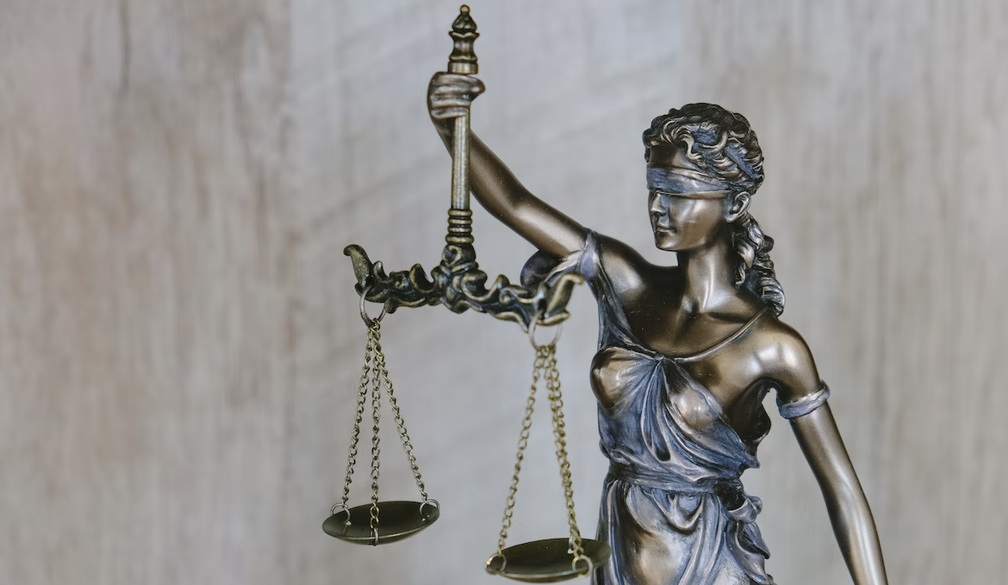Ethics in Law: What Are the Limits of Legal Representation

Ethics is an important part of many sectors, often our thoughts fly to science and medicine but it's just as crucial in Legal proceedings as a lack of proper ethical rigour in the courtroom can ruin a person’s life, and sometimes legal profession regulation isn’t quite enough to avoid disastrous outcomes for the clients involved in these cases.
Lawyers Reputation
Lawyers are not always perceived as the most ethical professionals by the public. Some of this comes from the fact that in any given court case one barrister is by necessity arguing against justice as both cases need to be defended before what truly occurred can be determined. Its an integral part of the legal process, but it has the unfortunate side effect of making it appear to the public that one side of the court is either lying or misconstruing evidence for their benefit when in most cases the lawyers involved are simply trying to give their client the best chance they can as they are presumed innocent.
This reputation makes ethics even more critical to the sector as any real cases of ethical misconduct make many people suspicious of legal channels in many other situations where they otherwise might recognise that all involved are simply doing their jobs. As it stands, as many as 1 in 5 people distrust lawyers as a whole, which can also cause clients to not wish to work with their defenders when they need them.
While many wish to be ethical simply for their own virtue it's important to remember that unethical behaviour can also harm your personal reputation and in the rather exclusive legal sectors create distrust for all your fellow lawyers as well.
Ultimately, if clients walk into offices already mistrusting their lawyer before ever meeting them there is a clear limitation to what justice can be found for them, we need to foster real trust between especially disempowered people and legal groups if we want to see the legal process working effectively.
Financial Ethics
Hiring a Lawyer is notoriously expensive, with questions of how much affluent businesses and individuals are able to pay for the best legal help affecting court outcomes and leading to unfair rulings. However, pricing services is difficult regardless of sector and shifting to an entirely pro-bono system is unfeasible while legal professionals still need to support themselves financially.
Some Legal Societies list fair pricing in their Code of Ethical Conduct, but what fair pricing means is a moving target.
Wealth disparity is only growing and with that what individuals are capable of paying their legal representatives can vary wildly. So how to price fairly becomes a bit of a nightmare. While it’s nice to imagine that there is a base price based on hourly wages to consider, and that may be true to some degree, market forces are always going to affect the price of services.
Many lawyers try to balance this ethical issue by splitting their time between well-paid work and pro-bono cases, which while an admirable attempt doesn't fix the underlying issue of if current rates for employing your own lawyer are exploitative. Especially since legal cases are often thrust onto a person where they have no choice but to defend themselves leaving them backed into a corner and having to make quick decisions on who they want to represent them, leaving many without the opportunity to shop around for a lawyer of similar skill with lower rates.
It’s a difficult conundrum but a collectively decided fair rate based on average incomes while still accounting for lawyers' own needs may be a good step towards giving lawyers real tangible baselines to work with as well as giving clients a way to recognise unethical overcharging before they are stuck in debt and understandably reluctant to take a lawyer to court over extortion.
What Can’t Law Cover
Of course, the issue of ethics is only impaired more by the limitations of what the law can do. Many crimes leave little permissible evidence for lawyers to work with, or such as in cases of sexual assault, expect victims of traumatising incidents to offer incredibly personal and possibly humiliating details or evidence to a court of strangers. And that’s the best case scenario when in many cases in a state of panic victims often remove or destroy evidence because they wish to distance themselves from the crime or feel far too vulnerable to document it, giving their legal teams little to work with.
The Ethics in these situations sit at the edge of what legal representation is capable of. Ethics dictate that justice needs to be prioritised but so does honesty in court cases and in these situations, there may simply not be enough evidence to make a complete case. It’s best to be honest with your client in these situations and defer to their choice of whether to proceed but it's a difficult situation.
Lawyers are restrained by the law and this has its downfalls, there are many situations where it can feel like the red tape is getting in the way of real justice, but these restrictions are also integral to keeping our justice system running and as fair and equitable as possible. When it comes down to it, no single lawyer has the right to disregard the law.
Ethical decisions are a huge part of the legal sector and it's important that professionals in the field hold each other accountable as well as hold themselves to a high standard if we are to have a functional and trusted Legal system.



















